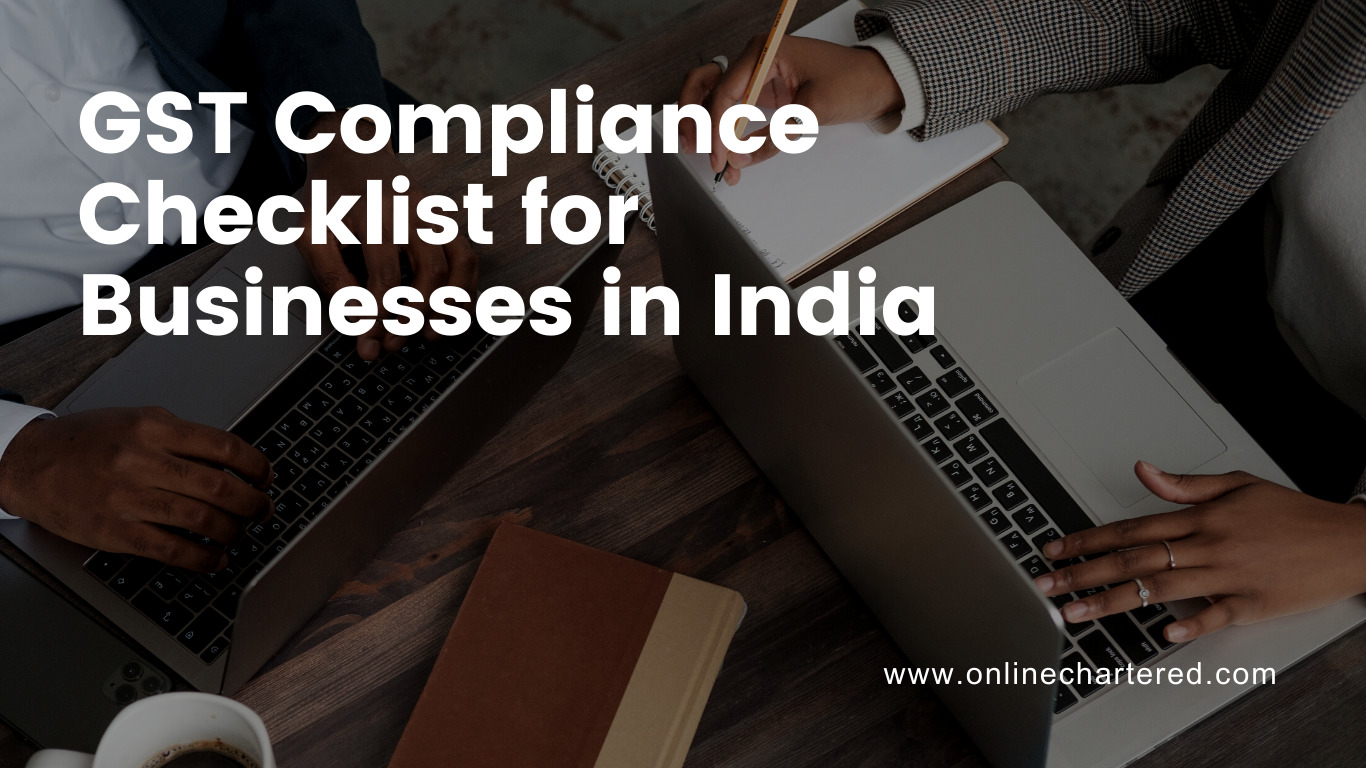Non Redsident Taxable Person Under GST

INTRODUCTION
The concept of Non-Resident Taxable Person (hereinafter referred to as NRT) comes into play out of the circumstances where the company or an organization established and registered outside India and wants to engage in a transaction in India where such transaction is liable for GST. To be considered as NRT, an organization must have set up outside India and should not have a place of business in India. On indulging in transactions on which GST is applicable, such organizations have to register themselves as a Non-Resident Taxable person under GST. So now, let us discuss some of the important aspects of GST applicability on Non-Resident taxable persons.
Meaning of NRT
“Non-resident taxable person” means any person who occasionally undertakes transactions involving supply of goods or services or both, whether as principal or agent or in any other capacity, but who has no fixed place of business or residence in India.
The important aspect here to be kept in mind is that an organization shall undertake transactions OCCASIONALLY and not on a recurrent basis. If a particular organization undertakes transactions regularly then it has to take registration under GST as a regular taxpayer and not as a Non-resident taxable person.
Registration as NRT
Any organization that undertakes transactions occasionally has to apply for GST registration as NRT by filing form GST REG-09 (application form for GST). The registration application has to be filed at least 5 days before undertaking such a transaction. This application has to be filed electronically on the common portal of the GST website along with an attested copy of a valid passport. A copy of PAN is not necessary while applying for registration as NRT. An organization registered and established outside India has to apply for registration along with its tax identification number or unique number based on which the entity is identified by the Government of that country or its Permanent Account Number, if available.
An organization shall appoint a person having a valid PAN in India as an authorized person to sign the application for registration on behalf of the organization.
There is no threshold limit for registration. A non-resident taxable person making taxable supply in India has to compulsorily take registration.
Here one should note that a non-resident taxable person cannot exercise the option to pay tax under the composition levy.
On successful verification of PAN, Email id, and Mobile number the person applying for registration as a non-resident taxable person under GST will be allotted a temporary reference number (called TRN) by the Common Portal of GST for making the mandatory advance deposit of tax for an amount equivalent to the estimated tax liability of such person for the period for which the registration is sought. The amount deposited shall be credited to the electronic cash ledger of the Non-resident person. After successful verification of all other details in an application, the registration certificate will be issued by the competent authority.
The non-resident taxable person can make taxable supplies only after the issuance of the certificate of registration.
VALIDITY OF REGISTRATION
The certificate of registration shall be valid for the period specified in the application for registration or ninety days from the effective date of registration, whichever is earlier. Thus, the registration shall remain valid for a maximum of 90 days after which one has to apply for its renewal by depositing the estimated tax in advance.
For extension of the registration beyond 90 days one has to apply for the same by filing form GST REG-11 electronically on GST common portal before the expiry of original registration. The validity of extended registration can be extended to a further 90 days and not beyond that.
RETURN
The non-resident taxable person shall furnish a return in FORM GSTR-5 electronically through the Common Portal declaring the details of outward supplies and inward supplies undertaken in India and shall pay the tax, interest, penalty, fees, or any other amount payable under the Act. This return shall be filed within twenty days after the end of a calendar month or within seven days after the last day of the validity period of registration, whichever is earlier.
The non-resident taxable person can avail of the Input tax credit while filing the return in respect of the goods or services availed during the validity of registration. Here, one should note that the non-resident taxable person can not avail of the Input tax credit of those goods which are imported from outside India.
REFUND
The amount of advance tax deposited by a non-resident taxable person while applying for registration will be refunded only after the person has furnished all the returns required in respect of the entire period for which the certificate of registration granted to him had remained in force. A refund can be applied in serial no. 13 of the FORM GSTR -5.

Important GST Compliance Checklist for Businesses in India
GST Compliance Checklist for Businesses in India In today’s fast-paced business landscape, businesses in India must adhere to the Goods and Services Tax (GST) compliance requirements. GST has revolutionized the Indian taxation system, bringing about significant changes and streamlining the way businesses operate. To ensure seamless compliance with GST regulations, businesses must have a thorough …
Important GST Compliance Checklist for Businesses in India Read More »
Online Chartered
August 3, 2023

Significant Impact of GST on Small Business
Introduction: In recent years, the Impact of GST on Small Businesses worldwide. GST is a comprehensive indirect tax that replaced multiple taxes like excise duty, service tax, and value-added tax (VAT), aiming to streamline the taxation system. This article explores the profound effects of GST on small businesses, backed by numerical values and data analysis. …
Significant Impact of GST on Small Business Read More »
Online Chartered
June 20, 2023

GST on E-Commerce
With the rise of e-commerce in India, the implementation of GST has brought significant changes to how online sellers operate. GST compliance ensures that e-commerce sellers abide by tax regulations and contribute to the country’s revenue system. Understanding GST Compliance Applicability of GST on E-Commerce Sellers E-commerce sellers, irrespective of their size, are required to …
Online Chartered
June 19, 2023
